RSP announces change in protest tactics
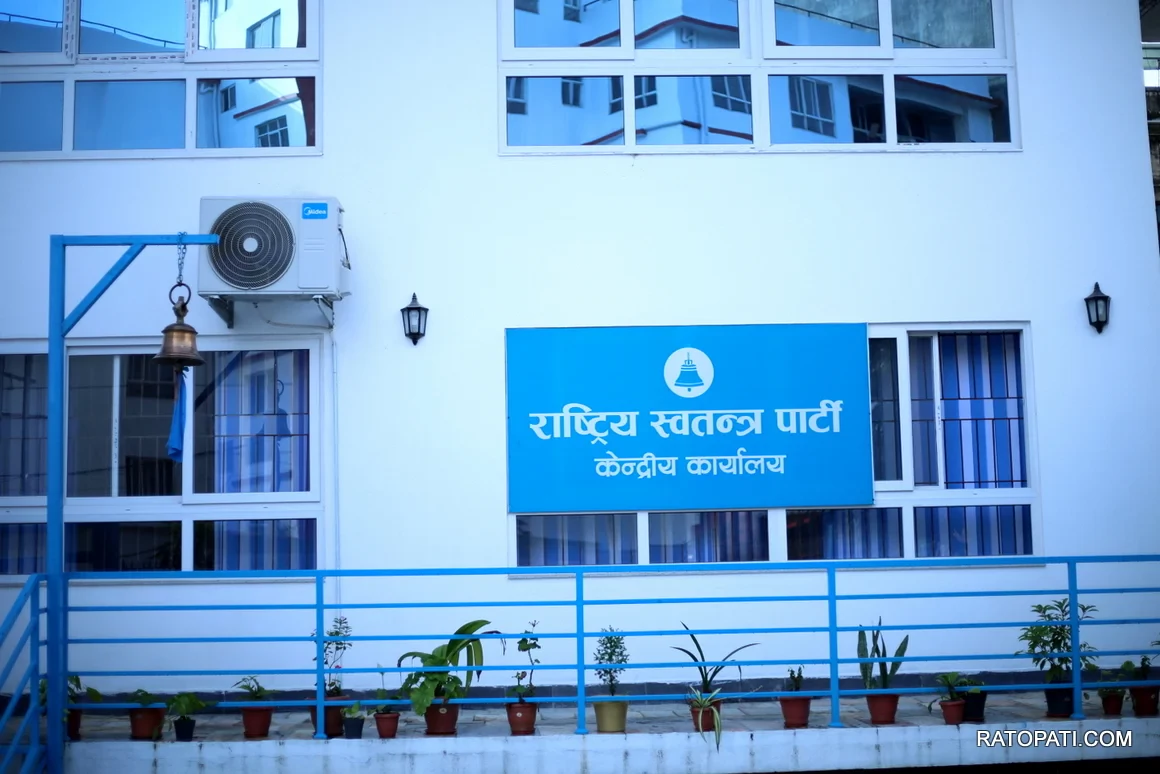
Kathmandu, November 21 — The Rastriya Swatantra Party (RSP) has decided to change the nature of its protests, concluding that continuing street demonstrations alleging political revenge would harm the party. The party has announced that it will not organize second phase of protests, set to begin on November 23. Instead, it will adopt alternative forms of protest.
The party concluded that street protests were not yielding any results but rather distracting from other key issues, and sending a negative message to the public about the party. The protests were also overshadowing the party's other agendas.
RSP’s acting spokesperson Manish Jha said, “When 64 people died in Madhesh, KP Sharma Oli mocked it by saying it was like two or four mangoes falling. And when a human chain was being formed for justice in Madhesh, he mocked it, calling it a "makhe sanglo", widely understood as a chain of flies. So, even if a few thousand people gather on the streets, it will not matter.”
Jha emphasized that KP Sharma Oli lacks any sense of sympathy or emotion, and thus, the party believes it is necessary to reach the people through house-to-house campaigns to explain the situation.
RSP had previously declared the second phase of protests in response to the prolonged detention of its president Rabi Lamichhane by the police. The central committee meeting held on Thursday, however, decided to shift the form of the protests. The party will now focus on local elections and connect its activities to national issues, including cooperative scams, small loan victims, corruption investigations, economic challenges, youth unemployment, migration, and constitutional amendments.
Rather than aggressive street protests, RSP plans to launch a more constructive campaign by reaching out to local communities, particularly highlighting political revenge and injustices faced by party members, including the detention of Lamichhane.
Spokesperson Jha also stated that the party has recognized that aggressive street protests would not solve the issues, adding that they would now focus on social movements rather than street activism. “We have realized that street protests are not the answer. We need to reach out to the people, explain the issues, and raise awareness.”
Jha noted that a direct confrontation on the streets, such as traffic jams and stone-throwing protests, would not be productive. He further pointed out that these types of protests would result in diminishing public support for the party, and thus, it was necessary to rethink the approach.
RSP's internal discussions revealed that there was growing polarization within the party regarding the protests, and the strategy to push forward with street protests was starting to cause division. Furthermore, the party could not mobilize enough cadres in cities like Pokhara and Kathmandu to pressure the government effectively. Relations with the Communist Party of Nepal (UML) had also become tense, which made street protests more difficult.
One party leader emphasized the need for constructive political dialogue rather than protests to address the issues. He stated, “This is not a matter that can be solved through street protests. It was a matter for political dialogue. We should focus on constructive movements and intensify political discussions.”
The shift away from street protests was driven by concerns over the potential damage to the party's reputation, as well as doubts over whether the protests would help secure the release of President Lamichhane or gain justice for victims of cooperative scams.
During a central committee meeting on Tuesday, tensions over the issue of protests led to a temporary suspension of the meeting. Subsequently, RSP's Vice President D.P. Aryal and other leaders traveled to Pokhara to engage in private discussions with Lamichhane.
Several central leaders, including Sumana Shrestha and Bipin Acharya, stood against the street protests, and it was pointed out that a more creative and constructive movement would be more effective. Birajbhakta Shrestha, the deputy leader of the parliamentary party, also stressed the importance of constructive action instead of aggressive street protests.
As the meeting concluded, the prevailing sentiment among party leaders was that continuing street protests would harm the party's image and reputation, leading to the decision to change the course of their actions.





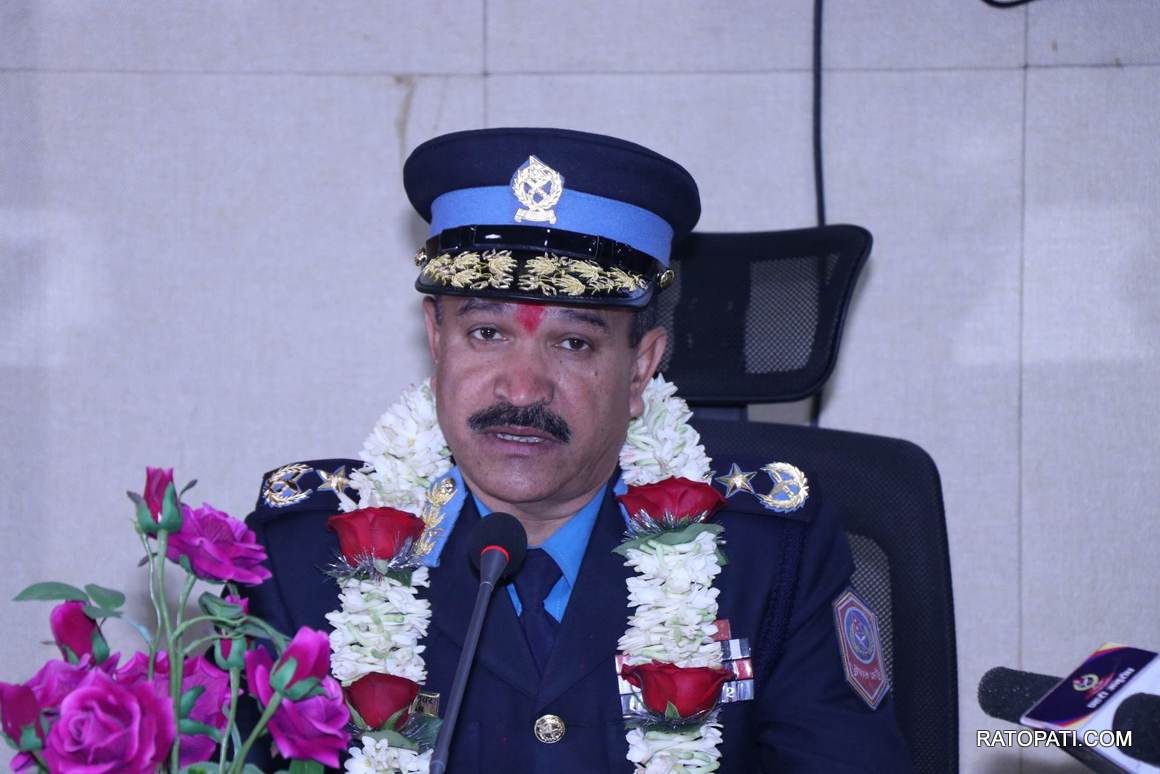
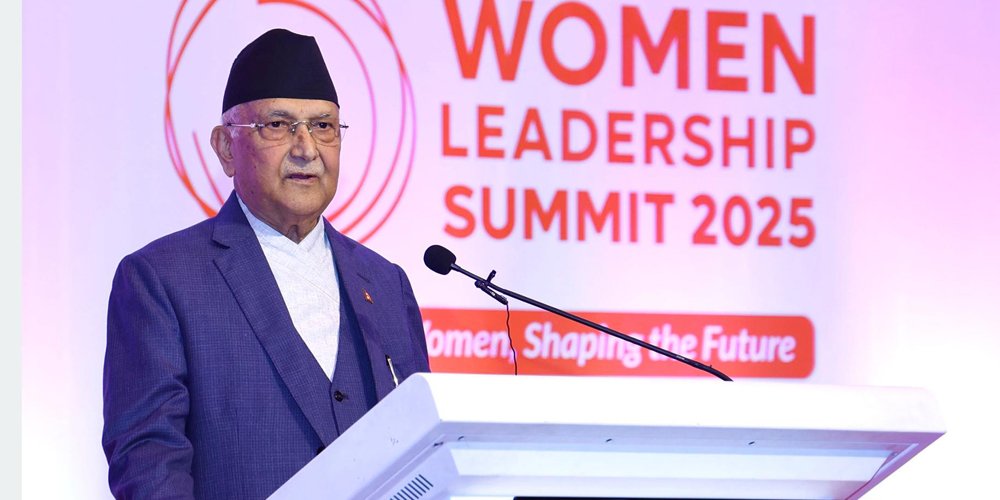
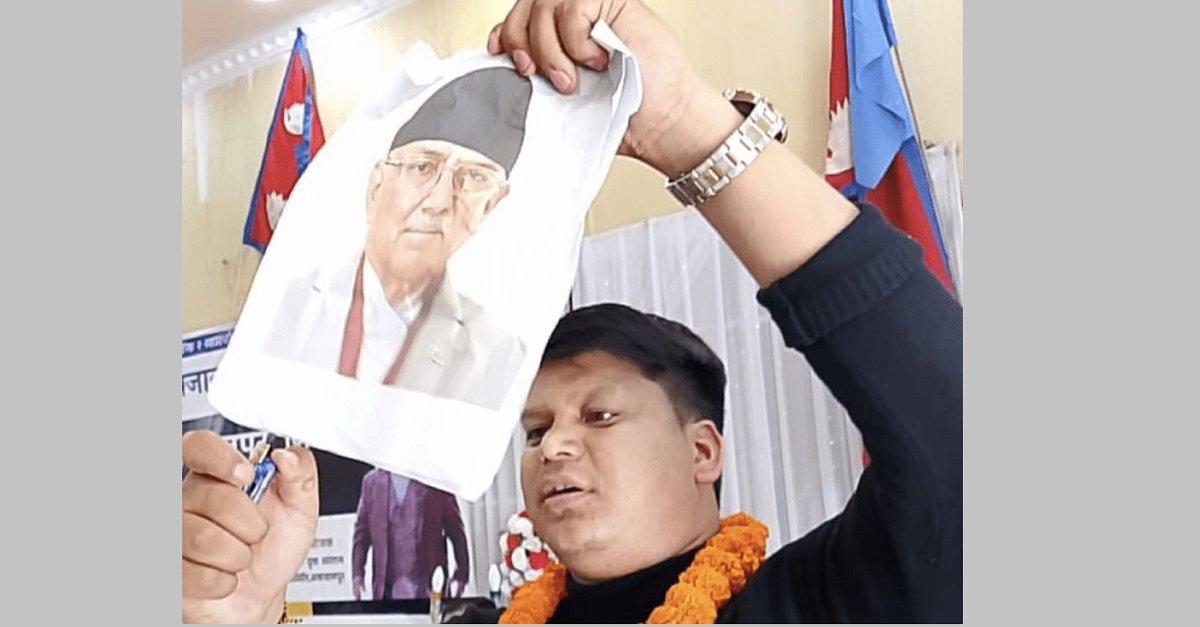
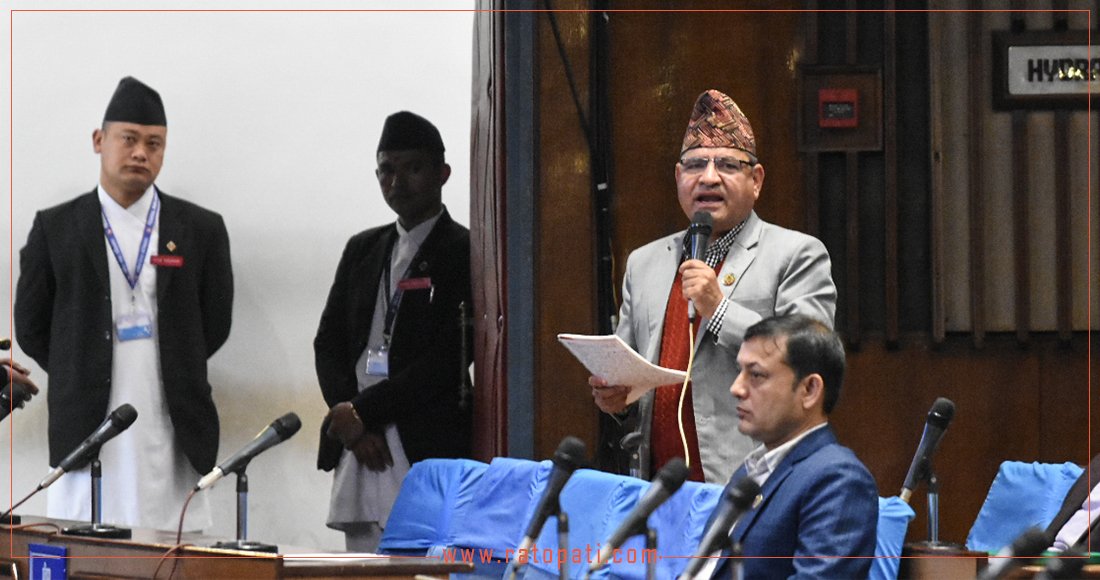
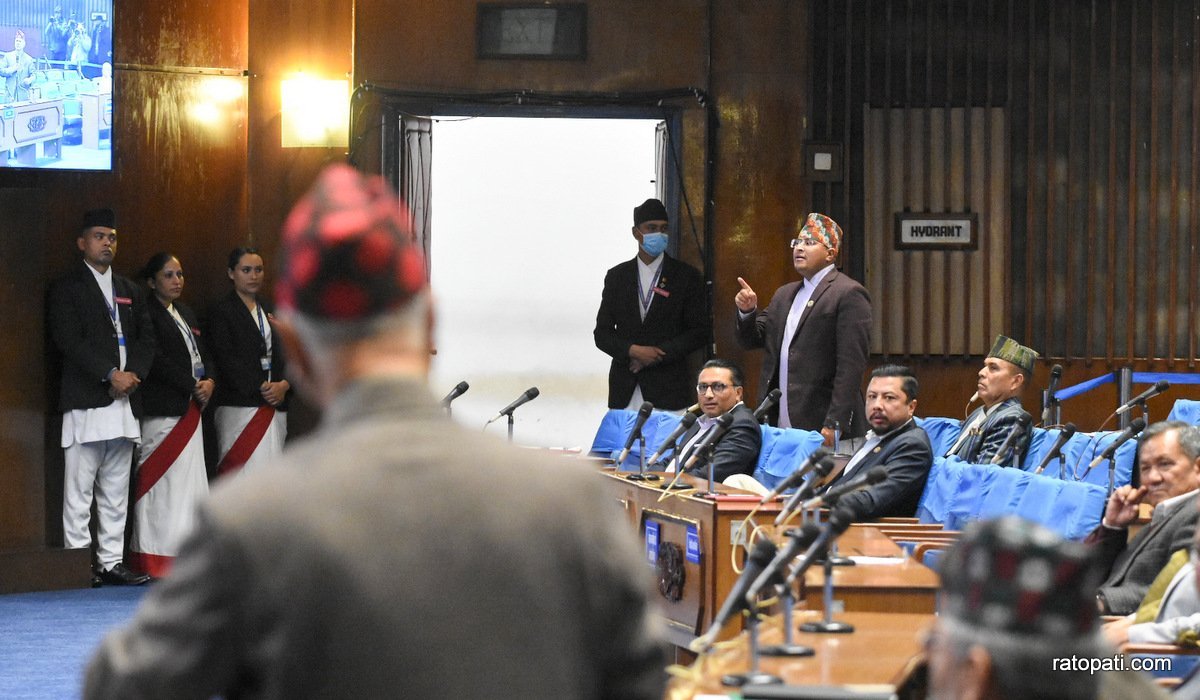
Leave Comment